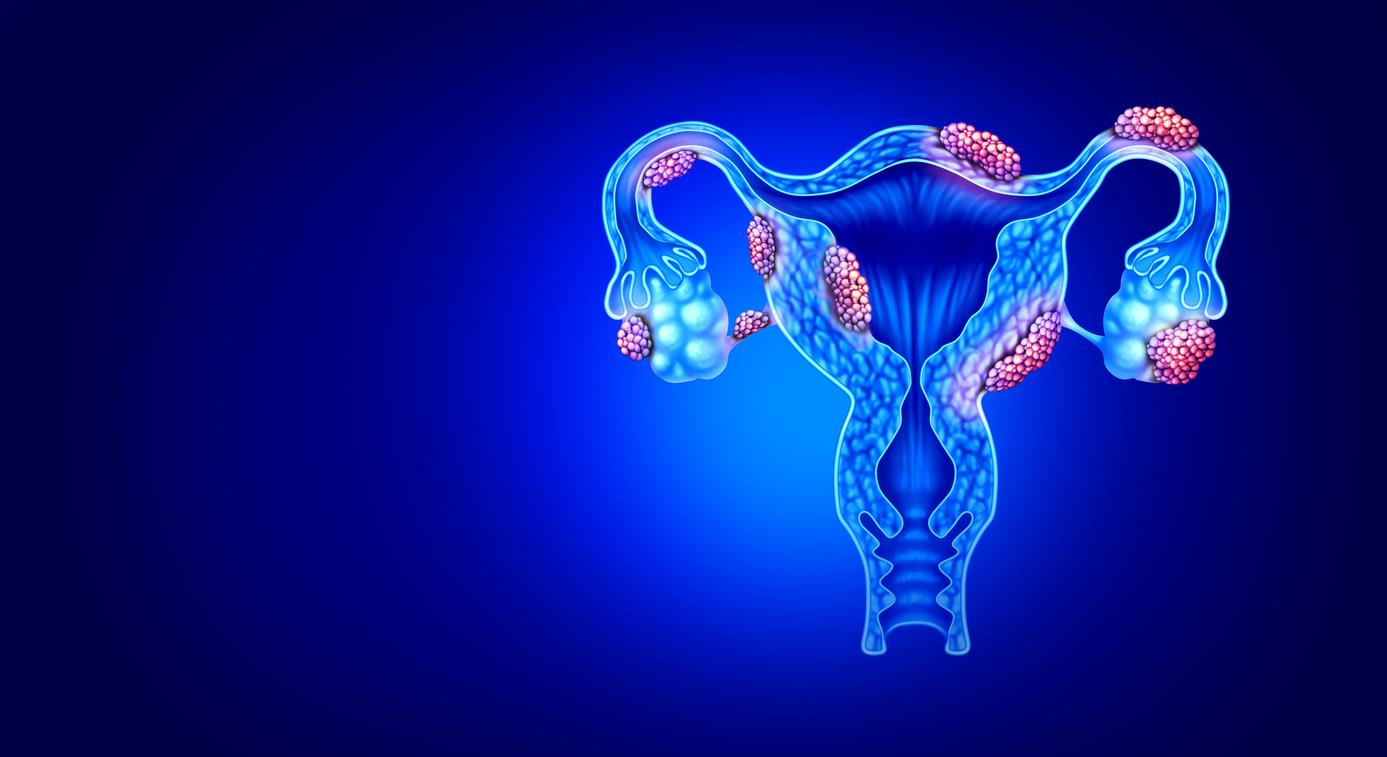According to researchers from the University of Arizona, the SARS-CoV-2 virus has the ability to neutralize pain. This would explain in particular the number of asymptomatic cases or patients developing few symptoms.

- By binding to the same cellular transmitters as the pain-causing protein, SARS-CoV-2 inhibits pain signaling pathways.
- This discovery could give rise to a new therapeutic class against pain, replacing opiates.
SARS-CoV 2, the virus responsible for the Covid-19 epidemic, is said to have the ability to inhibit pain in people who are carriers. This is the astonishing conclusion reached by researchers from the University of Arizona (USA). In a study published in the journal Bread, Rajesh Khanna, professor at the College of Medicine suggests that the virus silences the pain signaling pathways in the body. This could explain why half of people who test positive for the new coronavirus develop few or no symptoms.
“It seemed very logical to me that maybe the reason for the constant spread of Covid-19 is that in the early stages you walk around like nothing is happening because your pain has been suppressed, explains Rajesh Khanna. You have the virus, but you don’t feel bad because your pain is gone. If we can prove that it is this pain relief that causes Covid-19 to spread further, that has tremendous value.”
Two “keys” for the same lock
Viruses infect host cells through protein receptors on cell membranes. Early in the pandemic, scientists established that the spike protein of SARS-CoV-2 uses the angiotensin-converting enzyme receptor 2 (ACE2) to enter the body. Since then, two new articles have indicated that neuropilin 1 is the second receptor of the virus.
“This caught our attention because for 15 years my lab has been studying a complex of pain-processing proteins and pathways that are downstream of neuropilin, develops the Rajesh Khanna. So we took a step back and realized that this could mean that the spike protein may be involved in some sort of pain treatment.”
Pain is signaled to the body through many biological pathways, including a protein called vascular endothelial growth factor A (VEGF-A). It plays an essential role in the growth of blood vessels but has also been linked to diseases such as cancer, rheumatoid arthritis and, more recently, Covid-19.
Like a key in a lock, when VEGF-A binds to the neuropilin receptor, it triggers a cascade of events leading to hyperexcitability of neurons, which causes pain. Rajesh Khanna and his research team discovered that the spike protein of SARS-CoV-2 binds neuropilin in exactly the same place as VEGF-A.
Several laboratory and mouse experiments were conducted to verify that the SARS-CoV-2 spike protein acts on the VEGF-A/neuropilin pain pathway. They used VEGF-A as a trigger to induce excitability in neurons, which creates pain, and then they added the novel coronavirus spike protein.
“The spike protein completely reversed VEGF-induced pain signaling, says Dr Khanna. It doesn’t matter if we use very high doses of peak protein or extremely low doses, it completely reversed the pain.”
The hope of ending opiate addiction
Now, Rajesh Khanna is teaming up with immunologists and virologists at UArizona Health Sciences to continue his research into the role of neuropilin in the spread of Covid-19. The researchers are betting in particular on the hope of being able to explore a new class of therapies against pain, by considering in particular neuropilin as a method of combating addiction to opiates.


















